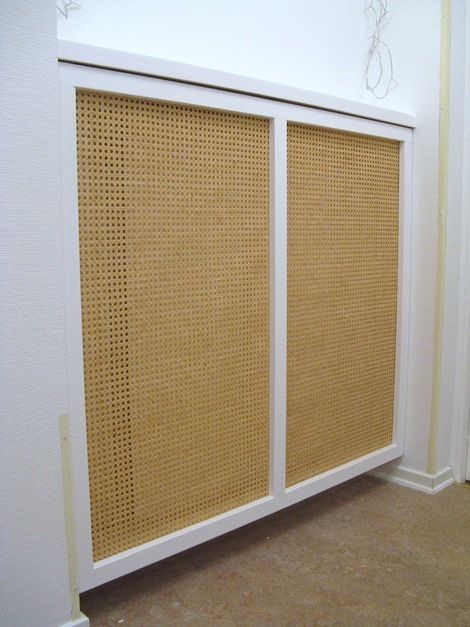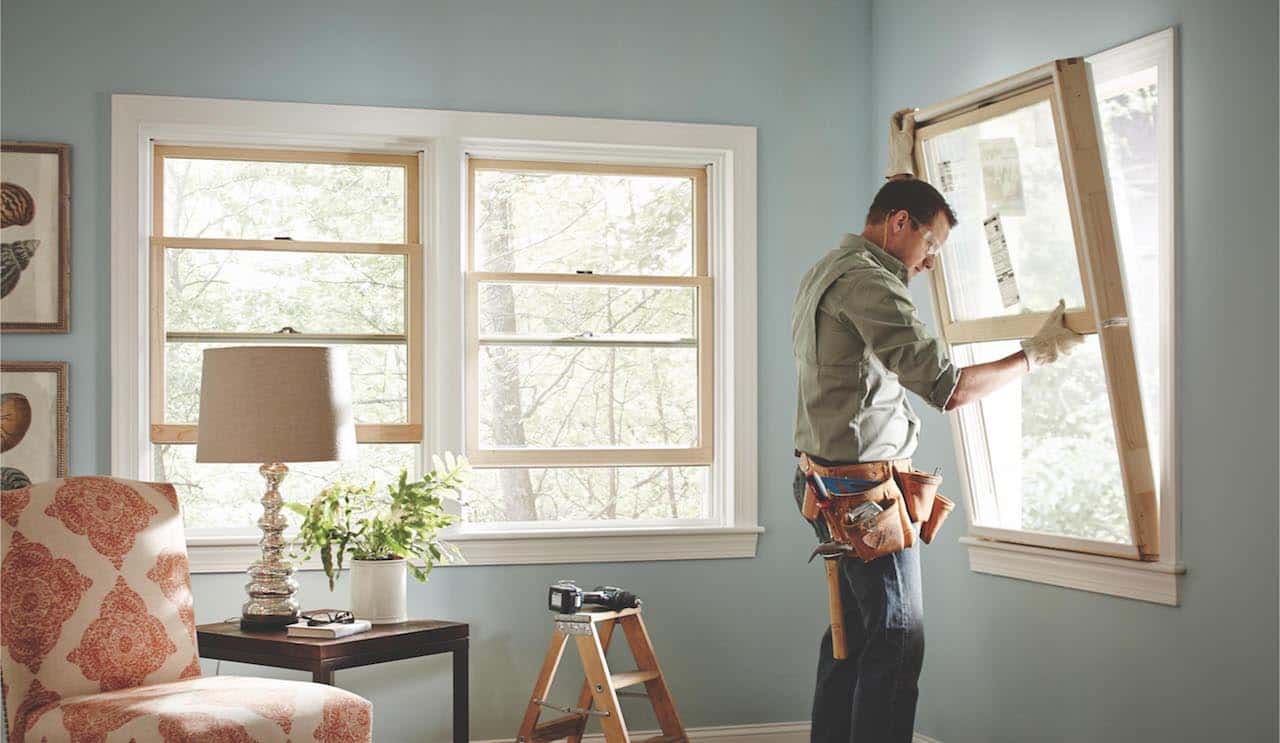If you’re a theatre teacher, there are certain things you need to know about best practices for your theater. From safety checklists for props to time management skills, you’ll want to ensure your students know what they’re doing.
Diversity
The performing arts are a powerful influence on how people perceive the world. They shape ideas about cultural identity. Therefore, we need to expand representation into developing a more varied and diverse society. To attain this aim, we must remove obstacles and promote fairness. Performing arts organizations can do this by altering their employment methods and recruitment techniques.
Equity refers to the fair treatment of all individuals, as Zoe Reardon said. It is closely tied to addressing historical disparities. However, many barriers still exist for marginalized groups to break into entertainment. These include access, financing, developing content, and marketing. As a result, many advertisers look to agencies to provide the diverse talent.
Time management skills
If you’re planning to work in the entertainment industry, consider a career in stage management. A stage manager is responsible for organizing the schedule of cast members and overseeing all technical elements of a production. They also communicate with various personalities, coordinating and solving problems to ensure a smooth run of the show.
Time management skills are essential to any employer. You’ll need to know how to balance your coursework, rehearsals, and other responsibilities. It’s critical to be on time since being late will not only hurt the production but could affect the work of others.
Theatre productions require teamwork and commitment. This environment can be stressful, so staying positive and calm is essential.
Targeting specific markets
There are many marketing techniques to choose from, but market segmentation is one of the most effective. You can create more targeted advertisements by analyzing your target audience and their habits. Market segmentation is also the most effective strategy to maximize your advertising spend.
Safety checklists for theatre props
A theatre prop safety checklist includes several items to ensure that the props are safe to use and how to store them after the performance. The checklist also lists other things to consider, such as how to keep the lights on the stage during a routine and the safety of live animals.
Some of the more common items on the checklist include a variety of power tools, including saws and hammers. There are also special items, such as a crowbar. You will need to follow a specific schedule to use these items, so check with your director or crew leader about when to use them. Lastly, you should note that many things, such as doors, windows, and cables, can be dangerous if they are not adequately secured.
Trust your students and give them space
When it comes to theatre, trust your students and give them room to breathe. Having the right mindset can go a long way to fostering a positive culture of learning and collaboration. In addition to the obvious, a few clever etiquette tips can help set the stage for a successful learning experience.
Allowing your pupils to brainstorm and discuss is the most excellent approach to do this. It will be fun for the ego, boost morale, and promote critical thinking and healthy skepticism. It’s a small gesture, but it will go a long way toward preparing your students for the challenges they will face in the real world.
It’s more than just letting your students scribble ideas off the paper. You should also find ways to give them hands-on, real-world opportunities to experiment with their ideas. These can range from helping them find the right resources to letting them direct their white-washed plays.


